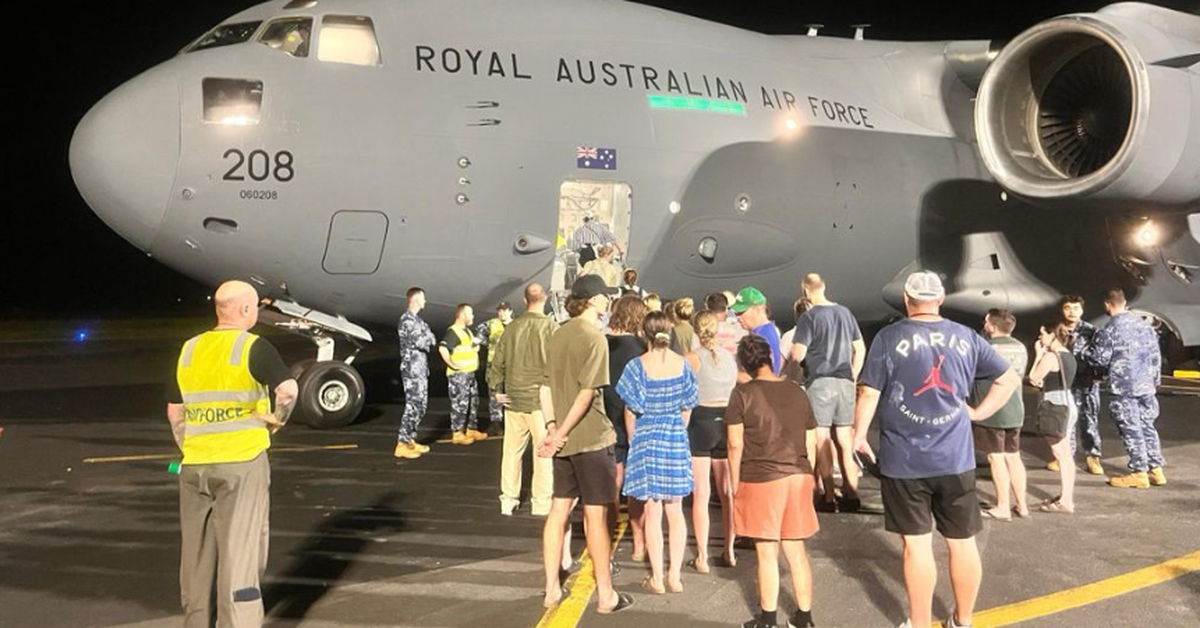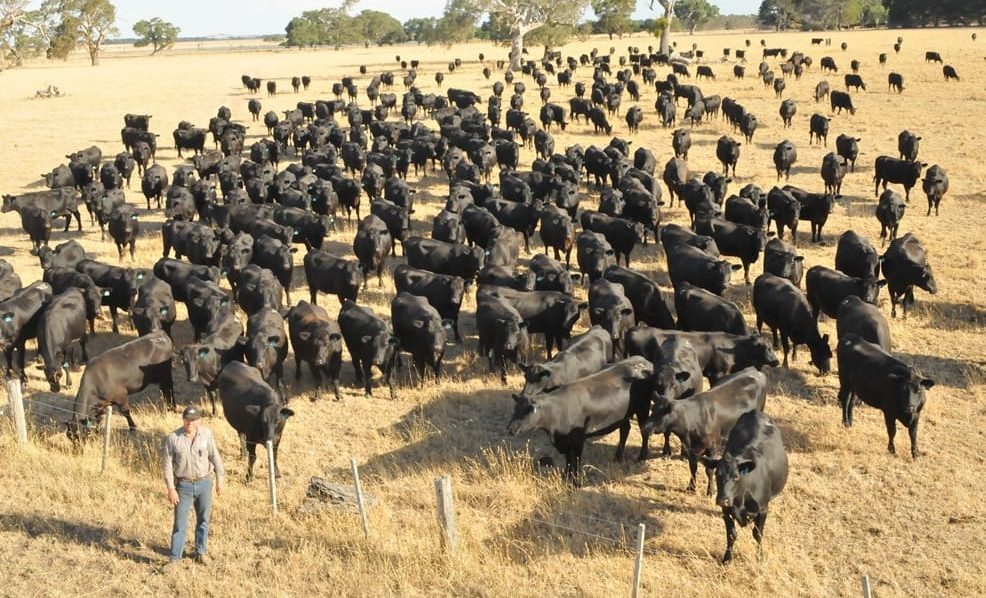Australia financially assisting some citizens to leave Lebanon as Israel launches ground incursion

- by Admin
- October 1, 2024

The federal government is understood to be financially assisting some Australians in Lebanon to leave the country as part of an escalated bid to expatriate citizens as Israel begins its ground incursion.
Guardian Australia understands Beirut-Rafic Hariri international airport remains open and both Australian passport and visa holders were being assisted on to flights by diplomatic staff.
Beirut-Rafic Hariri is the only operational commercial airport in Lebanon.
Department of Foreign Affairs and Trade (Dfat) officials declined to comment, but it is consistent with the standard practice of the Australian government when evacuating its citizens from danger zones.
It is estimated 15,000 Australians are in Lebanon.
Where commercial flights are not available, Australia has previously worked with other nations on chartering flights. In 2006, 500 Australians stranded in Beirut were evacuated by boats after previous evacuation attempts failed. That operation was dictated by Israeli authorities, who imposed strict conditions on how it could be carried out.
Plans for an emergency evacuation have been in the works for months and include the possible involvement of Australian defence force personnel already deployed to the Middle East, but the current advice remains to leave immediately through existing means.
The ADF has not specified the detail or location of these personnel on operational security grounds, but the defence minister, Richard Marles, said last October that three aircraft were in the Middle East to help with potential airlifts.
Israel claims to be targeting Hezbollah inside southern Lebanon, where more than 1,000 people have been killed in the past two weeks, 6,000 wounded and, according to the Lebanese government, one million displaced.
About 60,000 Israelis have been displaced from their homes in northern Israel by near constant rocket fire from Hezbollah from the direction of Lebanon into Israel since 8 October 2023.
The UK chartered a flight out of Lebanon for British citizens on Tuesday, after David Lammy, the foreign secretary, described the situation as “volatile”, with the “potential to deteriorate quickly”.
Anthony Albanese again advised any Australians in Lebanon to make contact with Dfat and enact plans to leave as soon as possible.
“We repeat the call for Australians who are in Lebanon to come home,” he said.
“There are still commercial opportunities available. We’ve been saying for months that it is time to leave. It is certainly time to leave now when those opportunities are available, and at the moment there are some commercial opportunities available, and we want Australians to take up that opportunity to come home to safety.”
Last week, the foreign affairs minister, Penny Wong, confirmed Australia was “looking at the full range of options in terms of contingency options” in case commercial flights became impossible, but said the number of Australians thought to be in Lebanon made it difficult.
“Obviously we will continue to work with partners about what arrangements can be made, but I again say the numbers would render it unlikely that we would be able to help all Australians who are in Lebanon,” Wong said.
The Latest News
-
December 22, 2024Nick Kyrgios results: Australian defeated in long-awaited comeback | Sporting News Australia
-
December 22, 2024China’s Olympic medallist Zheng to skip United Cup to stay fresh for Australian Open
-
December 22, 2024Zheng Qinwen to Kick Off 2025 Season at Australian Open | Sports-Games
-
December 22, 2024Indian team’s Vice-captain has a wholesome exchange with an Australian sports Team: Share jerseys before Boxing-Day Test
-
December 22, 2024Australian cricket could be burned by missing generation of players





